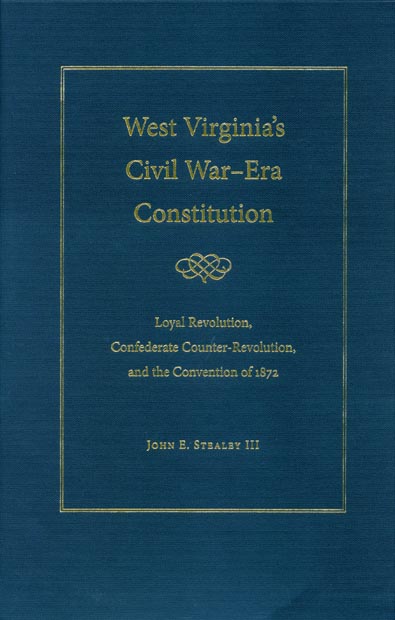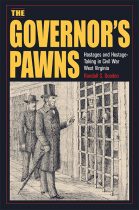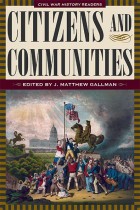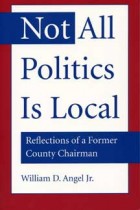West Virginia’s Civil War-Era Constitution
Loyal Revolution, Confederate Counter-Revolution, and the Convention of 1872
American History, Civil War Era, Political Science & PoliticsJohn E. Stealey III
The state-makers resorted to statutory and constitutional measures, often arbitrarily applied, to preserve the state, their legislation, and their political position. Some enactments removed state citizenship and the franchise from the disloyal; enabled the seizure of rebel property; required oaths of past loyalty for voting, suing in courts, and for the practice of professions such as teaching, law, and other pursuits; and established a stringent registration system administered by the loyal to prospective voters. Returning Confederates, stay-at-home sympathizers, and opponents of national policies organized a political and legal assault that succeeded.
Rejecting the hackneyed and inaccurate concept of “Reconstruction” as it pertains to rebel and loyalist assertions, author John Stealey reinterprets West Virginia’s post–Civil War constitutional and political development within the counterrevolutionary framework. The Democratic/Conservative opponents of the Republican state-makers rode to power after seven years on the issues of race and the existence of wartime and postwar statutory and constitutional enactments that assured temporary state security and political dominance of the loyal. The torturous and complicated path to counterrevolutionary success and change occurred within the context of national events.
A primary counterrevolutionary goal was drafting a new constitution to replace the state-makers’ original of 1861–1863. The Constitutional Convention of 1872 was the culmination of the quest for power. Stealey presents for the first time a comprehensive account of the debates and acts of the constitutional convention that reflected the Virginia and wartime experiences of delegates as well as the counterrevolutionary aims of the overwhelming Democratic/Conservative majority. This framework still serves as the Mountain State’s fundamental law.
John E. Stealey III, distinguished professor emeritus of history at Shepherd University in West Virginia, is the author of numerous articles and essays about the Virginias and southern Appalachia. He has also written three previous books, which explore a vital antebellum extractive industry, internal commerce, and legal development. His most recent is Porte Crayon’s Mexico: David Hunter Strother’s Diaries in the Early Porfirian Era, 1879–1885 (The Kent State University Press, 2006).





